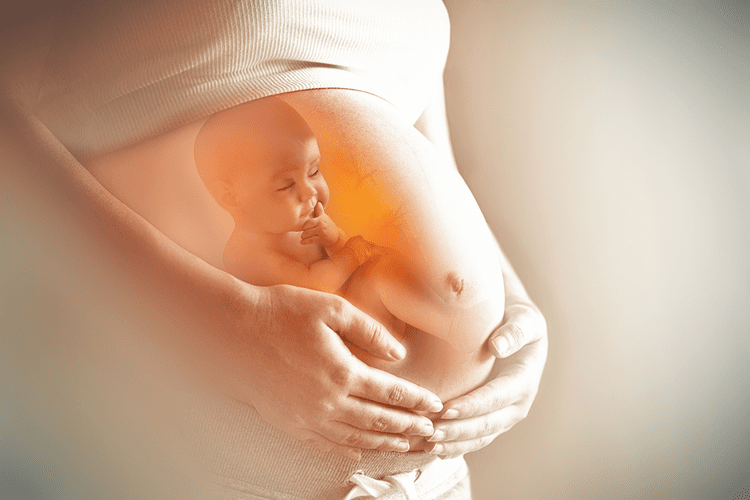10 Best Books on Addiction and Recovery
Sarah’s writing is sharp and relatable; a more recent, modern voice in the recovery space. So many of us look at “blacking out” as benign, or normal—an indicator of a “successful” night of drinking. In Blackout, Sarah clearly explains why there’s nothing benign about it and describes what is actually happening to the brain when we reach that point of alcohol-induced amnesia. I love her perspective on drinking as an act of counter-feminism—that in reality it actually dismantles our power, our pride, and our dignity as women, though we intended the opposite.
Wishful Drinking
- She’s an iconic, witty literary voice, an engrossing storyteller, and this book too is a great study in memoir.
- But, growing up with an alcoholic mother, my most common mode of escape as a child was in fiction.
- Her chapbook, Bedroom Pop, was published by dancing girl press in 2021.
This book is unique in the fact that it chronicles his childhood trauma, as well as how it directly related to his first forays into drug and alcohol use. Although his childhood experience was remarkably different from the norm, it still illustrates the vulnerability that emotional abuse creates in relation to the formation of addiction. The journey through addiction to recovery is a deeply personal experience, with no two people going though the same process to https://jaybabani.com/material-wp-admin/?p=25942 reach sobriety. Recovery is a tumultuous process, and recovering individuals often benefit from learning about the experiences others have undergone in their quest to live substance-free. There are countless books that have been written about addiction and recovery.
The Unexpected Joy of Being Sober by Catherine Gray
After leaving home, marrying, and having a child, she reconnects with a charismatic man from her past, and the two begin an obsessive drug-filled affair that perpetuates a cycle of enabling and mutual destruction. Aron uses this as a springboard to talk best alcohol recovery books about the psychology of codependency and even the roots of the temperance movement. The third in a memoir trilogy that includes the critically acclaimed The Liars’ Club and Cherry, Lit introduces Mary Karr as a full grown woman, poet, wife, and mother struggling with alcoholism. In her musical, no-nonsense style, she shows us how this disease, passed down from her own gun-toting, charming, erratic artist mother, almost wrecked her own life, following her on a quest for the stability she didn’t know as a kid.
#9 – Ninety Days: A Memoir of Recovery by Bill Clegg
Next you’ve chosen to recommend Tove Ditlevsen’s Dependency, the third book in her Copenhagen Trilogy. It was first published in Danish in the 1970s, but has only recently been translated into English by Tiina Nunnally and Michael Favela Goldman. These books offer a range of perspectives on Alcoholics, covering various aspects and approaches to the subject. Each offers valuable insights and could be a great starting point. A book’s total score is based on multiple factors, including the number of people who have voted for it and how highly those voters ranked the book.
Recovery: Freedom from Our Addictions
Here, Naus recounts jail time, an attempted murder charge and an uphill battle to reclaim a life nearly lost to the stranglehold of addiction in this outrageous memoir. Divorce, abandonment, foreclosure and a mass shooting… Mishka Shubaly had plenty of reasons to wallow in drink and drugs, and he does so with wild abandon in I Swear I’ll Make It Up to You. His first full-length memoir follows him from a seemingly endless rock bottom to a passion for running that leads him out of a life of self-destruction and chaos. It’s an inspiring and, at times, unbelievable tale told with unflinching honesty and a heavy dose of self-deprecation.

Drink: The Intimate Relationship between Women and Alcohol by Ann Dowsett Johnston

Although both are worth reading, it’s the first I find myself returning to, marvelling at its ability to conjure the insanity of addiction from inside its diabolical reality. Although previous literary history had portrayed a number of addicts, only a very small number could be found outside fiction—although some well known examples were only fictional in a nominal sense. The eponymous hero of novel John Barleycorn (1913) is really its author, Jack London. Don Birnam in The Lost Weekend (1944) is really its creator, Charles R. Jackson. One hint that the author and protagonist of A Fan’s Notes (1968) are really the same person is that they are both called Frederick Exley. All these books might have been published as memoir in a less stigmatising age.
Cupcake Brown was 11 when she was orphaned and placed into foster care. She grew up with a tragic journey, running away and becoming exposed to alcohol, drugs, and sex at a young age, and leaning on those vices to get by. A Piece of Cake is her gripping tale of crashing down to the bottom and crawling back to the top. From her excessive drinking and smoking to disordered eating and falling for the wrong men, Caroline Knapp is seemingly attracted to anything and everything that isn’t good for her. She drinks to cope with life’s difficulties, like Drug rehabilitation the death of her parents, but it’s only after twenty years of dependency that she sees how the “cure” to her stress and anxiety is the real problem. Hepola spends hungover mornings piecing together the missing hours of the nights before and frequently wakes up with unrecognizable men in unfamiliar places.

